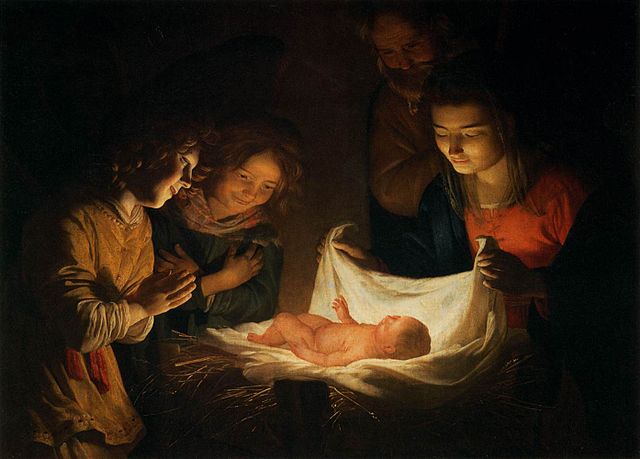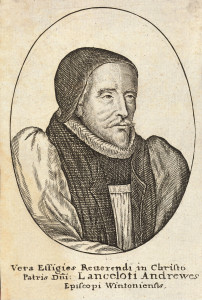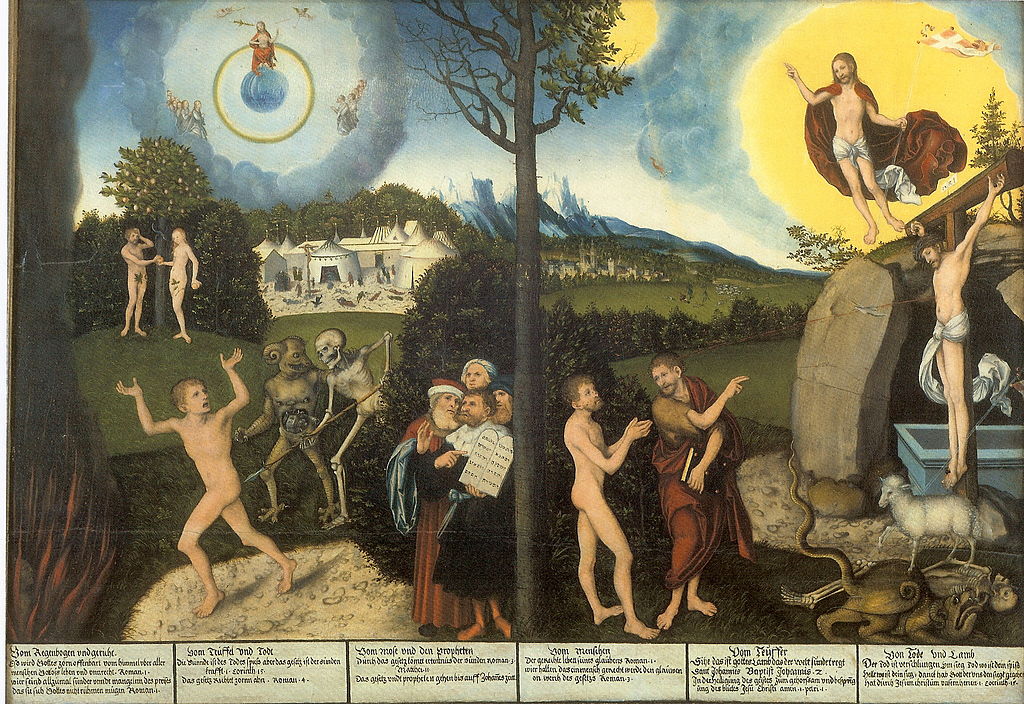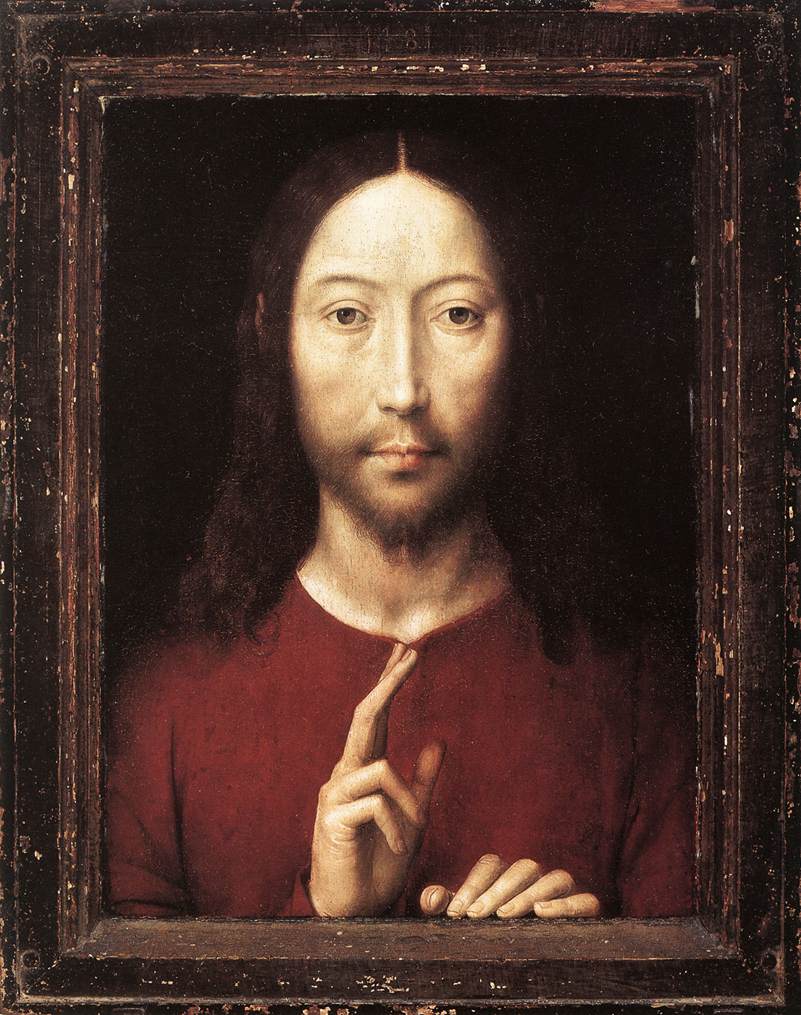
And James and John, the sons of Zeb′edee, came forward to him, and said to him, “Teacher, we want you to do for us whatever we ask of you.” And he said to them, “What do you want me to do for you?” And they said to him, “Grant us to sit, one at your right hand and one at your left, in your glory.” But Jesus said to them, “You do not know what you are asking. Are you able to drink the cup that I drink, or to be baptized with the baptism with which I am baptized?” And they said to him, “We are able.” And Jesus said to them, “The cup that I drink you will drink; and with the baptism with which I am baptized, you will be baptized; but to sit at my right hand or at my left is not mine to grant, but it is for those for whom it has been prepared.” And when the ten heard it, they began to be indignant at James and John. And Jesus called them to him and said to them, “You know that those who are supposed to rule over the Gentiles lord it over them, and their great men exercise authority over them. But it shall not be so among you; but whoever would be great among you must be your servant, and whoever would be first among you must be slave of all. For the Son of man also came not to be served but to serve, and to give his life as a ransom for many.”
Mark 10:35-45
For many of us, our first thought on hearing this passage is “Be careful what you wish for.” James and John, thinking they will receive status and honor, declare themselves able, and receive a cup that even Jesus prayed might pass without his drinking. The disciples, hearing this exchange, become indignant–who wouldn’t? Truth is, we probably get a bit indignant too. We want to ask those sons of Zebedee, “What were you trying to do? Do you think you’re better than the rest of us?”
But Jesus said to them, “You do not know what you are asking” then he asks them a question, “Are you able…” and grants them what he can.
Why does Jesus give them anything? Why doesn’t he just turn them away? They ask for a fish; does he give them a serpent? Is it trick? Is it a lesson? Is it a blessing?
I think again about Jacob and Esau. In that story, Isaac blesses Jacob “Be lord over your brothers, and may your mother’s sons bow down to you.” Esau, who asks his father, “Have you but one blessing, my father? Bless me, even me also, O my father.” is answered with a complicated blessing that does not undo the one that was stolen. Isaac declares that Esau’s life will be one of deprivation and violence, but end in freedom.
Behold, away from the fatness of the earth shall your dwelling be,
and away from the dew of heaven on high.
By your sword you shall live,
and you shall serve your brother;
but when you break loose
you shall break his yoke from your neck.
Gen 27:39-40
Perhaps Jesus’ answer to James and John, and his explanation to the ten can resonate for us as a mirror-like reversal of the blessings of Jacob and Esau. Perhaps that’s why he mentions the way those in power lord it over the Gentiles–Gentiles who are outsiders, not Jews and family like the twelve.
But it shall not be so among you; but whoever would be great among you must be your servant, and whoever would be first among you must be slave of all.
We grab for Jacob’s blessing and wind up with Esau’s. We think we will be in authority over our brothers and sisters, and find we serve instead. And yet, the yoke is easy, and the burden is light, and there is much to learn.








